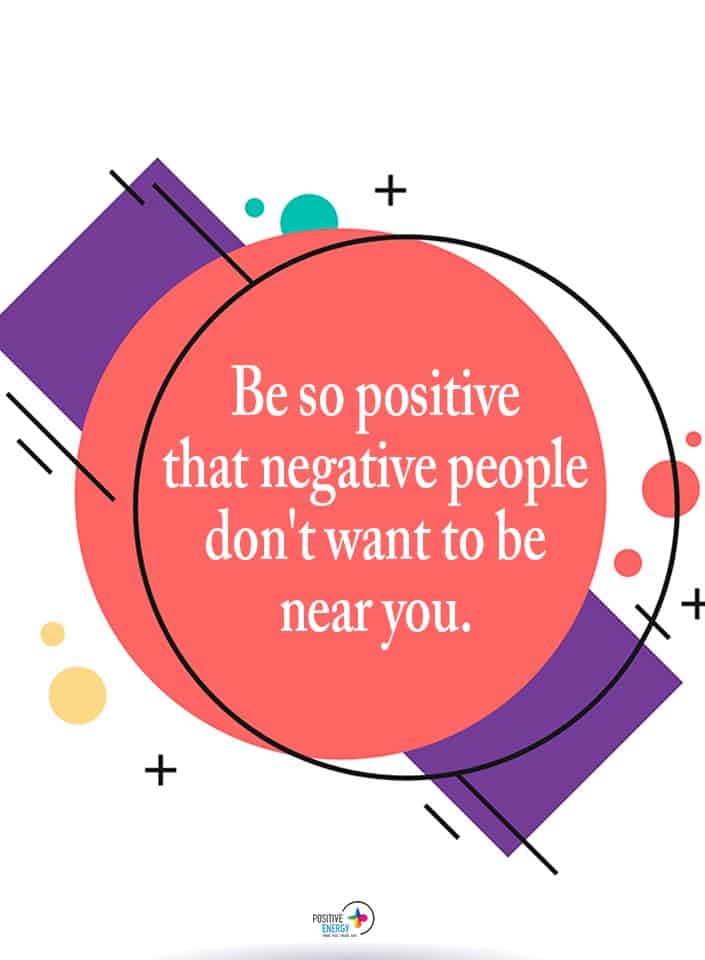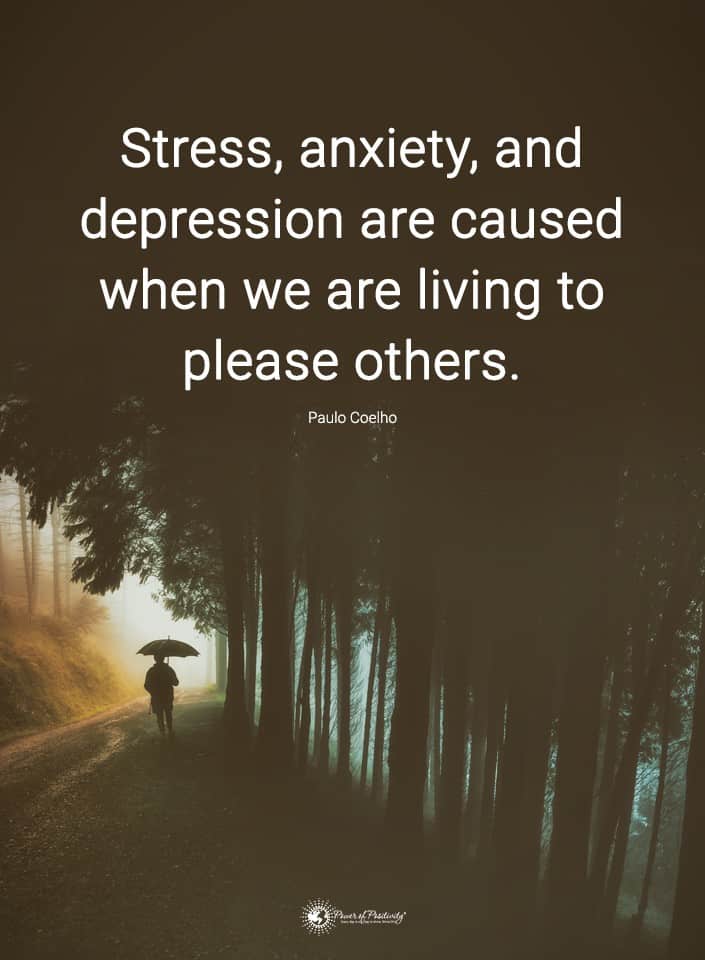Motivation is a powerful concept that determines what guides, inspires, and aids in your maintenance of actions taken toward goal-achievement and initiation of effort. It’s the driving force or the trigger behind your actions, especially those more difficult to handle. It applies to many things, from hunger motivating you to cook to be willing to make sacrifices for personal improvement.
The forces that dictate your motivation and activate behavior aren’t just related to the initial push. They’re also associated with sustaining action toward goals and the desire to continue learning and growing. Here are the two most widespread forms of motivation:
- Intrinsic (internal) motivation, and
- Extrinsic (external) motivation.
Both forms of motivation can be helpful in different ways and circumstances. However, it is generally understood that intrinsic motivation is more valuable. It relies on yourself instead of other factors to keep you going. Still, both forms of inspiration can be helpful to everyday life. The problem, of course, is that sometimes, it’s hard to drum up that motivation, especially if you grapple with mental disorders.
But motivation has vast positive effects on everyday life that make it worth building and perpetuating. The same things that make motivation hard to develop can benefit from motivation itself. How does this work? Here are eight ways motivation enables you to fight depression, anxiety, and stress.
1. It Makes Your Pursuits More Intense
 When you’re motivated, your efforts are invigorated and more concentrated, making your pursuit of goals more intense and well-directed. You may put more effort into your everyday tasks, pursuing dreams and to-do lists by taking more initiative to produce quality results.
When you’re motivated, your efforts are invigorated and more concentrated, making your pursuit of goals more intense and well-directed. You may put more effort into your everyday tasks, pursuing dreams and to-do lists by taking more initiative to produce quality results.
It sounds impossible to do this when dealing with anxiety, depression, and general stress. But research states that motivational intensity can modulate and moderate negative emotional and psychological experiences, such as anxiety, stress, and depression, according to research.
In other words, if you’re able to get motivation kickstarted, it can form a positive cycle. With inspiration comes intensity of action, and with the power of action comes greater resilience against psychological distress and negative emotional states.
2. It Reduces Feelings of “Forced” Action
Many people lack understanding of conditions like anxiety, depression, and stress. These people can often try to make you feel like you have to do things for their sake or that you need to prove yourself useful by making shows of overcoming your psychological problems. Unfortunately, studies show that being coerced into doing this reduces positive thinking and ruins your self-esteem.
When you’re motivated to do things, you don’t feel forced to do them by others. You can do whatever you need to do without pressure from other people’s ignorance to prove something to them. This can help you fight off the bad feelings of mental conditions and even reduce their symptoms.
3. It Makes You More Persistent
Feelings of depression, stress, and anxiety can make giving up or abandoning efforts seem like an attractive idea. It’s hard to want to keep going when you have depression telling you it’s hopeless, anxiety pointing out worst-case scenarios, and stress making everyday life difficult.
That’s where motivation comes in, bringing with it the crucial trait of persistence. Persistence is an essential component to forward movement, and inspiration lends itself to persistence, leading to more motivation! This kind of cycle is beneficial for battling mental conditions because:
- You’re less likely to give up when you face difficulties or failure
- You’re able to handle challenges with greater resilience
- Your fears and worries don’t get in the way of your forward movement
Studies have shown that a healthy mix of internal and external motivation, bonded positively, can lead to increased persistence in working, achieving goals, and increasing effort towards achievement.
4. It Improves Self-Determination
Self-determination is an interesting (and scientifically proven) concept. It’s relatively complex, but the gist of it lies in self-motivation. Specifically:
- All individuals naturally tend to grow towards proper psychological integration in personal improvement.
- Individuals who grow towards integration can develop proper self-regulation, known as autonomy, removing their need for excessive heteronomy or external regulation.
- External motivation, while still helpful, has decreasing effects on someone who is intrinsically motivated by self-determinations
- Self-determination means you are more likely to want to do things for yourself and feel more empowered to do so
Self-determination is intrinsic motivation in its most accurate form. When you develop motivation, you’re building yourself towards self-determination, which is a powerful trait in fighting anxiety, stress, and depression. Genuinely self-determined individuals often enjoy reduced symptoms of these problems.
Do note, however, that this is a longer-term goal. Repeatedly practicing and developing motivation will bring your closer and closer to self-determination. Still, it will take a fair bit of work to get there – and a lot of positive thinking!
 5. It Helps You Learn – If It’s The Right Kind
5. It Helps You Learn – If It’s The Right Kind
Learning when you’re mentally struggling can be challenging for various reasons. Worse still, it tends to be a self-perpetuating downward spiral. This is why many people with mental disorders or who deal with psychological distress have difficulty learning environments or holding down new jobs. For example:
- Finding things difficult when learning can make you feel more depressed due to perceived hopelessness, continuing to focus on learning even harder.
- Having many things to learn can be overwhelming and cause a lot of stress, leading to exhaustion and burnout that make further learning difficult.
- Dealing with the ups and downs of steep learning curves can lead to fears of being unable to manage, making anxiety much worse, and abandoning efforts for personal protection.
Being motivated can help with the learning process, improving your ability to stay concentrated and keep moving forward. However, it’s important to note that the right kind of motivation is needed for the most positive effects.
Extrinsic motivation, or motivation that comes from external praise, recognition, or awards, may negatively affect learning efforts. This is because:
- The promise of rewards can be distracting.
- External rewards are short-lived and decrease in attractiveness each time
- Depression can make external rewards uninteresting
On the other hand, intrinsic motivation, meaning a self-motivated desire to learn for personal enrichment, fulfillment, or improvement, works much better. While any motivation is better than none at all. Indeed, you will see the best results by discovering if you know how to self-motivate.
6. You Care Less About What Others Think
Depression can ruin your self-esteem, which makes you seek external validation. Anxiety can make you constantly fret over how others perceive you. Stress can lead to a desire to have people in your circle placate you. In other words, many forms of psychological distress involve an ongoing desire to please others or care what they think.
Motivation, specifically of an internal or intrinsic variety, might help you fight these impulses. When you’re motivated, you aren’t as dependent on others for validation and feel better about ignoring naysayers and negative people. It’s easy to see why this can be good for your mental and emotional wellbeing!
7. It Makes You More Engaged
When you feel depressed, anxious, or stressed, you’re likely to lose interest in the things around you. It’s hard to stay engaged when your depression makes you feel like there isn’t any joy in life around you, and you’ve lost your positive thinking to the fears of anxiety and the panic of stress.
According to studies, motivation can help you manage these issues by increasing your levels of engagement with tasks. Motivation helps you:
- Feel more satisfied with the work and jobs that you are performing
- Become more involved in the tasks that you complete and are more eager to take responsibility for them
- You are less likely to become disengaged to the point of abandoning your efforts
In this situation, intrinsic motivation is more valuable than extrinsic, and self-motivation is the key to improved engagement. You can still engage for external awards, but the effort is less likely to be lasting.
8. It Makes You Comfortable With A Lack Of Control
No one can control every single outcome in life. But the fact is that things will happen whether you want them to. For those with depression, a lack of control can be terrifying. Moreover, the desire to keep everything under control can be overwhelming for those managing stress or anxiety.
When you have intrinsic motivation, you get fulfillment even from things that happen unexpectedly and that you can’t control. You become more aware that luck isn’t something you can dictate, and you find joy and enrichment in the ability to learn from whatever life throws your way. That’s a powerful thing to experience and can help you take the reins back from anxiety and depression. Ironically, being comfortable with a lack of control makes you more in control!
 Final Thoughts On Some Ways Motivation Helps You Fight Depression, Anxiety, And Stress
Final Thoughts On Some Ways Motivation Helps You Fight Depression, Anxiety, And Stress
It can feel tough not to be able to drum up motivation quickly. The catch-22 of needing the motivation to create motivation can be a problematic and paradoxical puzzle to navigate. This is especially true if you have too much stress, anxiety, or depression, which can impede your motivation when you need it the most.
Remember, there is no shame in asking for help from others if you need it. If you struggle to find the motivation or depression, anxiety, and stress make everyday life difficult, it’s good to seek help from a therapist or mental health professional. Trained professionals are capable of helping you manage your psychological issues while training you in motivation-building techniques.
Regardless of how you go about it, few can deny the powerful and impressive effects of motivation, especially intrinsic motivation. Building this kind of motivation can take a lot of effort, but the results speak for themselves and make it all worth it – significantly when your mental well-being improves because of it!


















